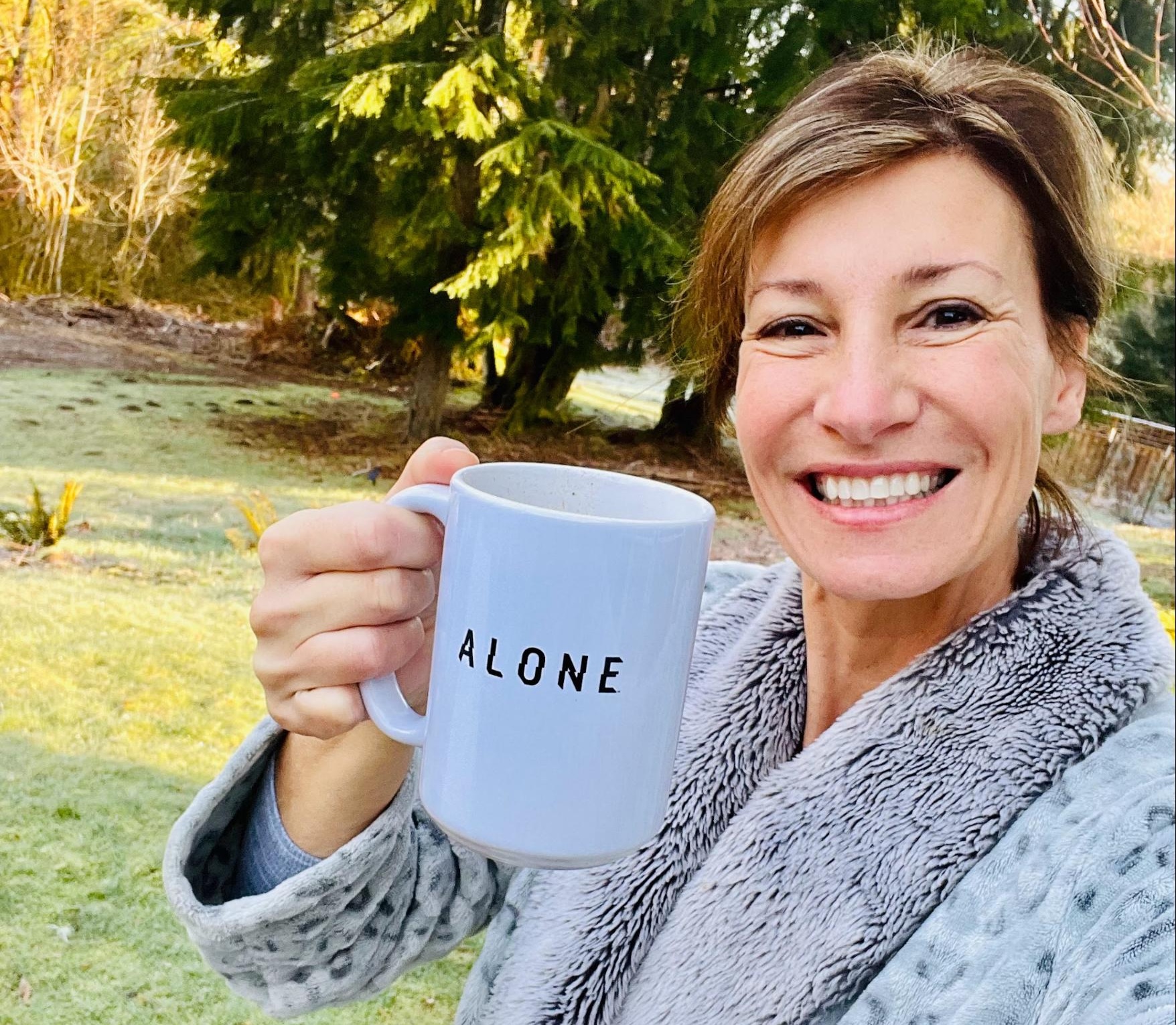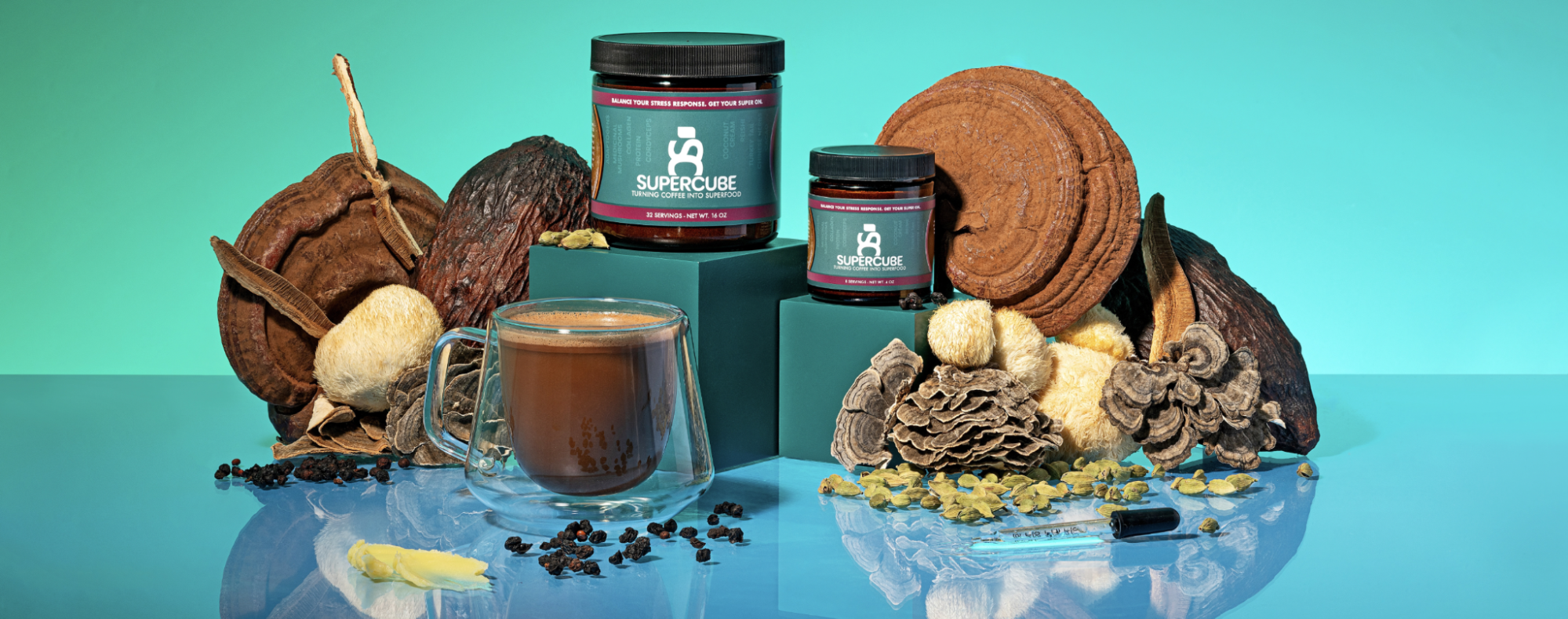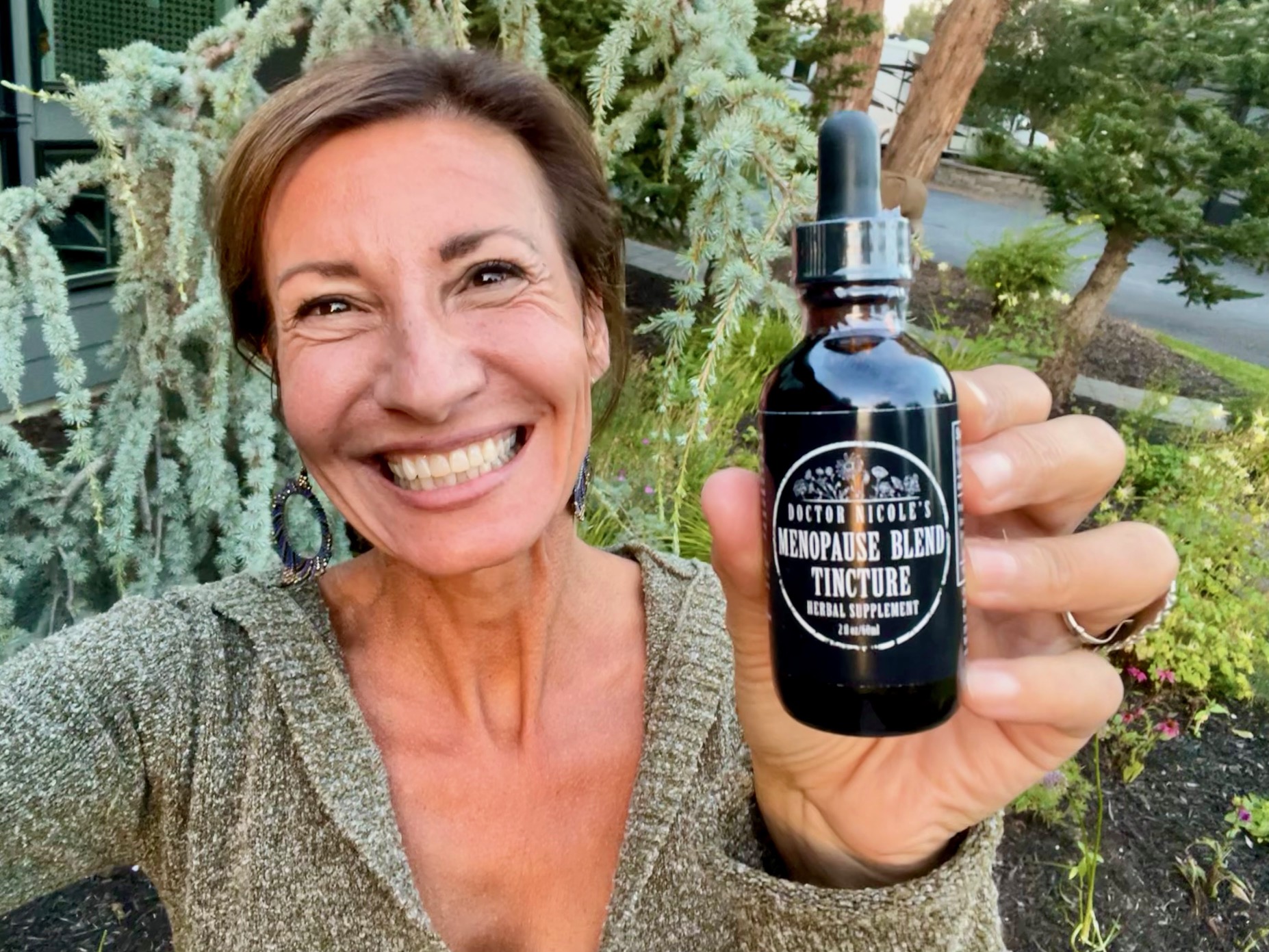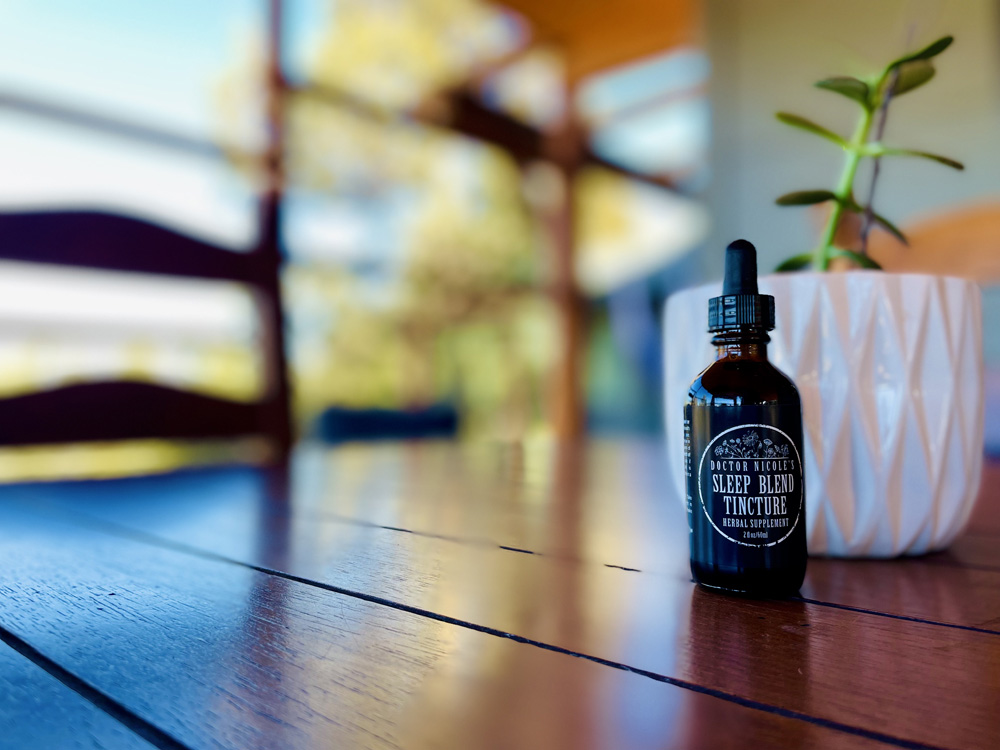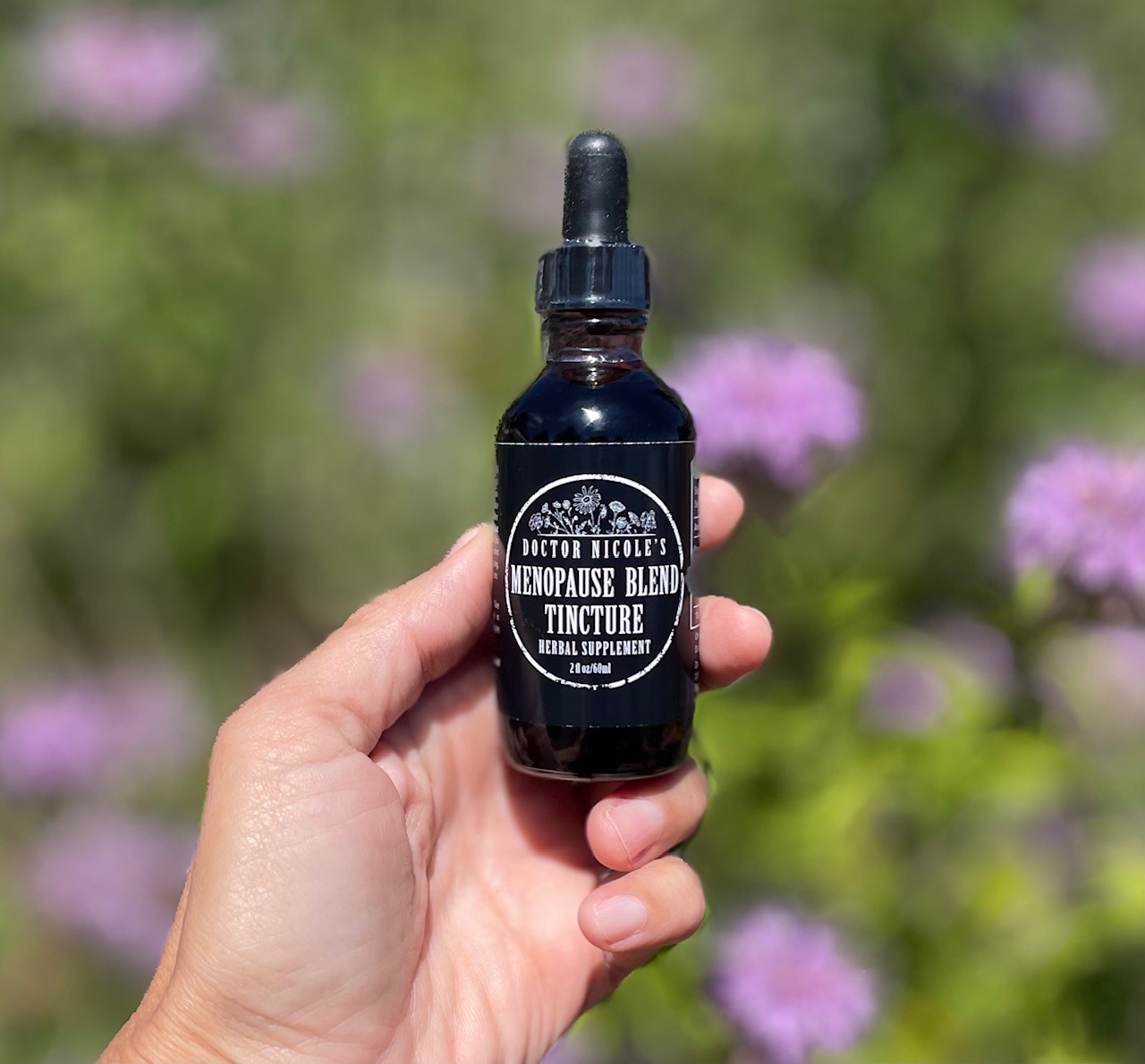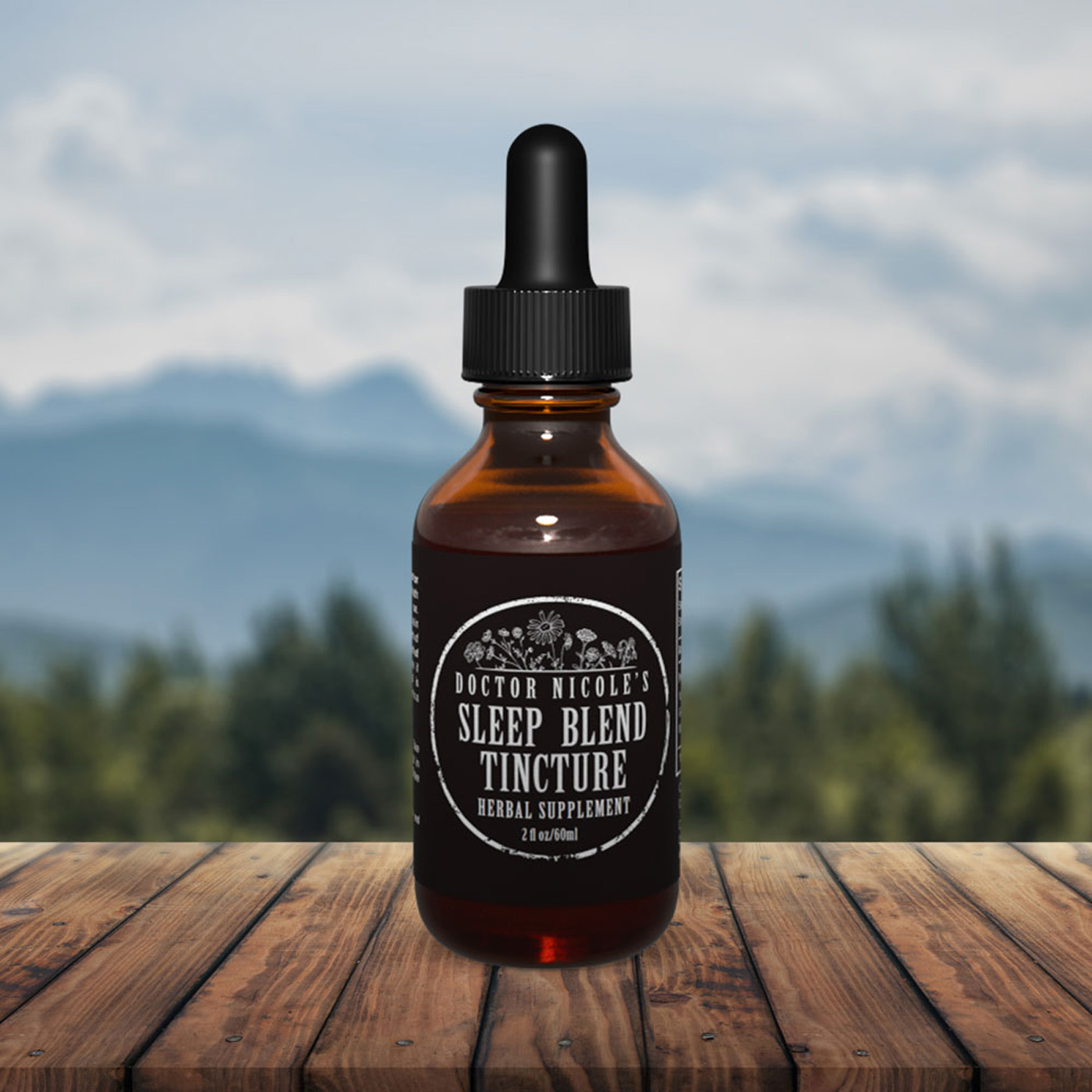Hidden Risks of a Morning Habit
Here in the United States, we’re serious about caffeine, with 9 in 10 people drinking a caffeinated beverage at least once per day — mostly in the form of coffee.1 Over the years, researchers have proclaimed the benefits of caffeine — from giving your metabolism a nice boost to lowering the risk of cardiovascular disease, diabetes, Alzheimer’s, depression, and more. However, the effects aren’t all positive. It probably doesn’t come as a surprise that caffeine can interfere with sleep, give us the jitters, and make us a tad bit too irritable when consumed in excess. But did you know it can also wreak havoc on your hormones, disrupt your gastrointestinal system, or age you more rapidly? In this post, we will explore the darker side of our beloved caffeinated drinks and provide healthier (and happier) alternatives. Let’s begin!
Why Caffeine May Be Doing More Harm Than Good
I think it’s safe to say that most people are aware that it’s best not to drink caffeinated beverages in the late afternoon or evening, as it can disrupt sleep. The reason for this isn’t just because it gives you a nice bump in energy — it also delays the release of the sleep hormone melatonin by about 40 minutes. Additionally, caffeine reduces the overall time you sleep as well as how long you remain in deep sleep.2 Caffeine is both water and fat-soluble, meaning that it can impact all bodily tissues. If you consume more than 400 mg of caffeine a day (about the equivalent of four cups of coffee), it often leads to nausea, headaches, muscle tremors, and high blood pressure. What’s more, caffeine can make you more irritable, jittery, and anxiety-prone. Plus, it frequently causes a “caffeine crash” when blood glucose levels dip too low.
If this isn’t enough reason to opt for caffeine-free alternatives, consider that it also aggravates heartburn and indigestion, as well as irritable bowel syndrome (IBS) and inflammatory bowel disease (IBD); increases estrogen in premenopausal women and may lead to a higher risk of osteoporosis, endometriosis, breast cancer, and ovarian cancer; causes increased vasomotor symptoms (hot flashes and night sweats) in postmenopausal women; lowers testosterone in men, which in turn can impact the brain, muscle, and bone development; interferes with collagen synthesis, thereby accelerating aging of your skin, nails, and bones; and inhibits the absorption of important nutrients such as iron, calcium, B vitamins, and zinc.3,4,5,6,7,8
If you would like to abandon your caffeine habit for good and adopt healthier alternatives, it’s wise to start slowly to minimize withdrawal symptoms that often involve headaches, irritability, and fatigue.
“If you are experiencing adverse symptoms of caffeine dependence, a decrease in consumption is appropriate. Remember not to go to cold turkey to prevent withdrawal symptoms. Decrease by half a cup every few days until you reach your desired limit,” recommends Aviv Joshua, Medical Expert Board at Verywell Health.9
My Favorite Substitute
As someone with an autoimmune condition, I am selective about the products I use and only recommend those that enhance my health and help me to feel fantastic. One of these is SuperCube™, and it has helped me keep my caffeine levels in check.
I’ve been using it for over two years as a delicious part of my morning routine and couldn’t be happier with the result. It gives me a nice boost of sustained energy throughout the day, supports immunity, and contains potent adaptogens that calm the stress response while enhancing adrenal health. It’s caffeine-free, so there’s no energy slump or jitters. It’s rich in vitamins, minerals, and antioxidants; helps balance hormones; and stabilizes blood sugar. It is also keto, IMF, and OMAD friendly. Bonus: it also tastes delicious.
SuperCube is formulated with 13 powerful ingredients including: Organic Coconut Cream, Organic Collagen, Organic Heirloom Cacao, Organic MCT Oil C8 & C10, Organic Ghee, Organic Eleuthero Root (Ci wu jia), Organic Cordyceps (Dong chong xia cao), Organic Lion’s Mane, Organic Reishi (Ling zhi), Organic Turkey Tail (Yun zhi), Organic Schizandra Berry Powder (Wu wei zi), Organic Cardamom Powder (Sha ren), Organic Himalayan Pink Salt.
While not a substitute for our dual-extracted Mushroom FOURtress Bundle and Balanced Gut Blend, which I use daily to manage my MS, SuperCube is the perfect complement to both and is part of my daily health routine.
Interested in giving it a try? Use the code “NICOLEISSUPER” at checkout for 20% off your order (except the already discounted subscriptions).
Tap HERE to get started!
Additional Herbal Support
If you need an extra level of support for hormonal balance and quality sleep, I recommend our Menopause Blend and Sleep Blend. Here are the specific benefits of each powerful formulation:
For female hormonal balance, black cohosh root and red clover are outstanding. Both are found in our Menopause Blend. Black cohosh, long valued for its phytoestrogenic properties, helps ease the hormonal fluctuations behind hot flashes and night sweats, bringing much-needed relief during menopause. Red clover not only calms menopausal symptoms but also promotes bone health, influences healthy estrogen levels, and may even boost exercise performance. Together, these botanicals provide a gentle, plant-based alternative to hormone replacement therapy by helping women navigate menopause with greater ease and vitality.
HELPS TO KEEP ME BALANCED & HAPPY
“Love this product. Helps with balance and mood.” -Sherry
Next is our calming Sleep Blend. This powerful formulation combines valerian root and hops to improve sleep quality without side effects and naturally support GABA production to promote longer, more relaxing sleep. The blend also includes chamomile to calm the nervous system and passion flower for easing anxiety, balancing mood, and improving sleep quality. Together, these herbs work synergistically to help you fall asleep faster, stay asleep longer, and wake up refreshed — without grogginess. These botanicals also support stress relief, hormonal balance, and overall wellness — making this blend a powerful bedtime ritual to support your health.
BEST SLEEP AID EVER
“After taking a dropper full, I am sound asleep in under 30 minutes and I awake about 6 hrs later fully refreshed!” -Debra
If you are ready to naturally restore harmony of both body and mind, visit the apothecary today and experience the difference our gold standard extracts can make!
Nicole Apelian
Nicole’s Apothecary Products in this Post
References
- Kawamoto, Y., Ueno, Y., Nakahashi, E., Obayashi, M., Sugihara, K., Qiao, S., Iida, M., Kumasaka, M. Y., Yajima, I., Goto, Y., Ohgami, N., Kato, M., & Takeda, K. (2016). Prevention of allergic rhinitis by ginger and the molecular basis of immunosuppression by 6-gingerol through T cell inactivation. The Journal of nutritional biochemistry, 27, 112–122. https://doi.org/10.1016/j.jnutbio.2015.08.025. https://pubmed.ncbi.nlm.nih.gov/26403321/
- “Is caffeine a friend or foe?” By Laura Williamson, American Heart Association News, August 8, 2022. https://www.heart.org/en/news/2022/08/08/is-caffeine-a-friend-or-foe
- “What Happens When You Quit Caffeine? An Expert Explains The Hidden Benefits.” By Adam Taylor, Science Alert | The Conversation, January 19, 2024. https://www.sciencealert.com/what-happens-when-you-quit-caffeine-an-expert-explains-the-hidden-benefits
- Saygili, Sena et al. “Effects of Coffee on Gut Microbiota and Bowel Functions in Health and Diseases: A Literature Review.” Nutrients vol. 16,18 3155. 18 Sep. 2024, doi:10.3390/nu16183155
- Sisti, Julia S et al. “Caffeine, coffee, and tea intake and urinary estrogens and estrogen metabolites in premenopausal women.” Cancer epidemiology, biomarkers & prevention : a publication of the American Association for Cancer Research, cosponsored by the American Society of Preventive Oncology vol. 24,8 (2015): 1174-83. doi:10.1158/1055-9965.EPI-15-0246
- Glover, Frank E et al. “The association between caffeine intake and testosterone: NHANES 2013-2014.” Nutrition journal vol. 21,1 33. 17 May. 2022, doi:10.1186/s12937-022-00783-z
- Donejko, Magdalena et al. “Influence of caffeine and hyaluronic acid on collagen biosynthesis in human skin fibroblasts.” Drug design, development and therapy vol. 8 1923-8. 15 Oct. 2014, doi:10.2147/DDDT.S69791
- Faubion SS, Sood R, Thielen J, Shuster L. Caffeine and menopausal symptoms: What is the association? Menopause 22(2):p 155-158, February 2015 doi:10.1097/GME.0000000000000301
- Michigan Medicine. University of Michigan. Energy drinks, caffeine and your digestion. https://www.michiganmedicine.org/health-lab/energy-drinks-caffeine-and-your-digestion
- “What Happens to Your Body When You Quit Caffeine?” By Ann Pietrangelo | Medically reviewed by Aviv Joshua, MS, RDN. Verywell Health, October 16, 2024.

